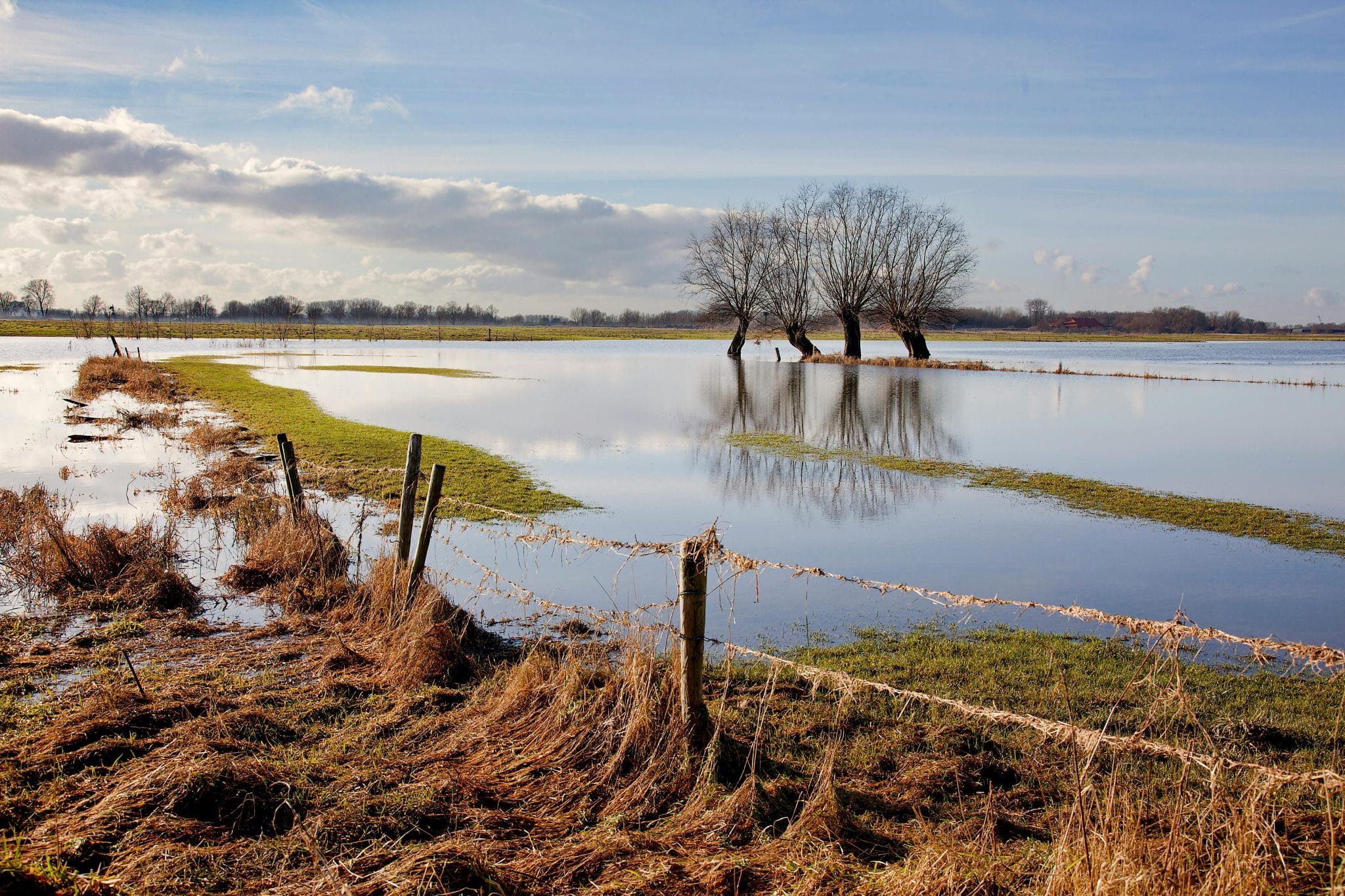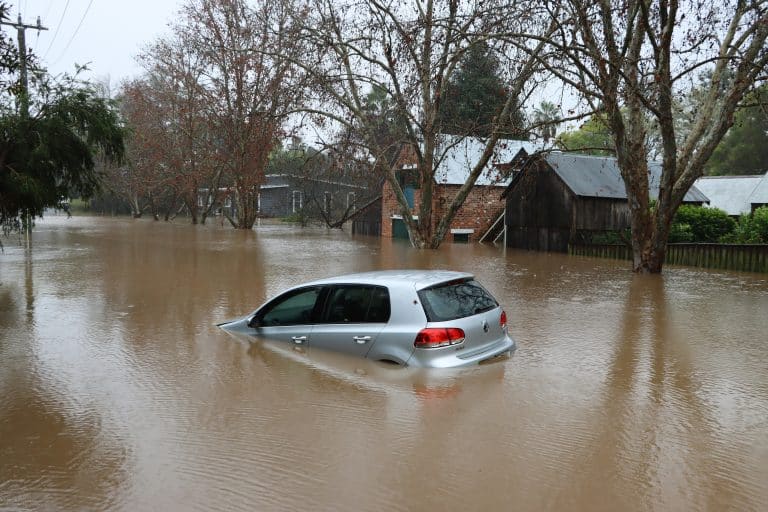Every year you will probably notice a change in your insurance premiums. This is for a number of reasons, including location, risk, and claims history. But recently other factors have started to cause more increases.
The weather
Cyclone Hale and Cyclone Gabrielle in early 2023, over the space of about a fortnight, resulted in around twice as many claims than the 2016 Kaikoura earthquake. They are the biggest non-earthquake events in NZ’s history, and they happened within weeks of each other.
The data from insurers about claims being made demonstrates that severe weather is becoming more frequent, and the damage to people’s property is getting worse. As the climate warms, we expect that events like this will keep on increasing.
Things just cost more
Construction labour rate is up 28%, parts for vehicles is up 8-10%, plant/machinery/equipment costs has increased by 8%, building materials is up 12-18%, overall building and construction costs have increased by 15%. Everything is going up.
This means that the costs of claims are also increasing. The cost of fixing things after disasters is also going up because materials are more expensive and there is a high demand for them. This is the result from high inflation and supply chain constraints.
Insurance companies premiums need to reflect what it costs to provide their customers with cover, therefore increasing their prices.
The insurers insurer
This isn’t just a New Zealand situation. It is happening all over the world.
Globally, weather events are also increasing. But also, other extreme events like the war in Ukraine, 40-year high inflation, and interest rate increases are having a substantial impact on global reinsurers.
A reinsurer is a company that provides financial protection to insurance companies. In New Zealand we use overseas reinsurers, and this makes up a portion of our premiums. Because the reinsurers are experiencing significant financial losses, this is affecting our premiums too.
Will climate change affect your property insurance?
1. Are you covered? – A good starting point for any discussion about insurance is to understand whether you’re covered for climate-related disasters or events. If you’re not sure, feel free to ask us. We know the ins and outs of your policy and can let you know exactly what your insurance entails, or help you find a solution that suits your needs.
2. Are you coastal or live near a river? – As well as the concern around climate-related disasters, there’s a lot of interest in New Zealand about the potential for climate change to impact the insurability of properties. With sea levels predicted to rise by 44-55cm by 2100, that puts a high number of New Zealand’s homes at risk.
3. How does this impact insurance? – Insurance policies exist on an annual term and are renewed each year. The current concern is that some of these properties will be assessed as not being viable for insurance, due to an increased risk of coastal erosion or flooding. If this happens, the property would not be able to be insured.
Obviously, as sea levels rise, the value of these properties will also become at risk. This could probably have a knock-on effect, with banks less willing to approve mortgages on these at-risk properties. It’s important to remember that banks protect their investment by making insurance a key requirement of any home loan.
4. What can you do? – If you already live in a coastal property or near a river, it’s worth getting in touch with us. We can help you understand your level of risk, and how that could impact your insurance over the coming years.
Also, if you’re considering purchasing a coastal property or one close to a river, make sure you contact your insurance provider first. It will be important to understand if there may be any current or potential future obstacles to protecting your property.
How can we help?
Having your property and assets appropriately insured is important. The impacts of the weather, claims costs and increases to reinsurance continue to cause pressure on the insurance industry.
At Cole Murray we work with you to ensure you have the correct insurance for your situation. Give our Domestic and Business Insurance team a call today.




